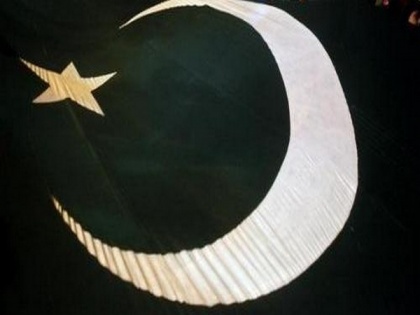Pakistan faces public backlash over 'decades of begging' for loans, report
By ANI | Published: February 25, 2022 10:14 AM2022-02-25T10:14:35+5:302022-02-25T10:25:07+5:30
Amid the release of a fresh tranche of loans from the International Monetary Fund (IMF), the Pakistani government is facing backlash from civil society, over the unending series of loans, a report said on Thursday.

Pakistan faces public backlash over 'decades of begging' for loans, report
Amid the release of a fresh tranche of loans from the International Monetary Fund (IMF), the Pakistani government is facing backlash from civil society, over the unending series of loans, a report said on Thursday.
Public confidence in the government is at a new low due to financial mismanagement and over-dependence on foreign funds to run the country, 'Islam Khabar' claimed.
Angry reactions followed a tweet by Pakistan's Finance Minister Shaukat Tarin announcing the approval of the 6th tranche of IMF loans.
"I am pleased to announce that IMF Board has approved 6th tranche of their programme for Pakistan," Tarin tweeted.
"It is not only surprising but also regrettable that the Finance Minister, by enslaving the nation, expressed happiness over the receipt of a new installment from the IMF," the report noted.
A media editorial in Pakistan underlined that Pakistan is "probably the only nuclear country whose daily affairs require loans, begging for aid and this has continued for decades."
The backlash followed IMF's release of USD 1 billion to Pakistan, subject to fulfilling certain conditions. Fuel prices and power tariffs in Pakistan are at historic highs as a result.
The fresh funds constitute an installment of a USD 6 billion bailout package. IMF's Executive Board had cleared the bailout package for Pakistan on July 3, 2019.
"Pakistan remains vulnerable to possible flare-ups of the pandemic, tighter international financial conditions, a rise in geopolitical tensions, as well as delayed implementation of structural reforms," the IMF noted in a staff report prepared for the executive board.
( With inputs from ANI )
Disclaimer: This post has been auto-published from an agency feed without any modifications to the text and has not been reviewed by an editor
Open in app